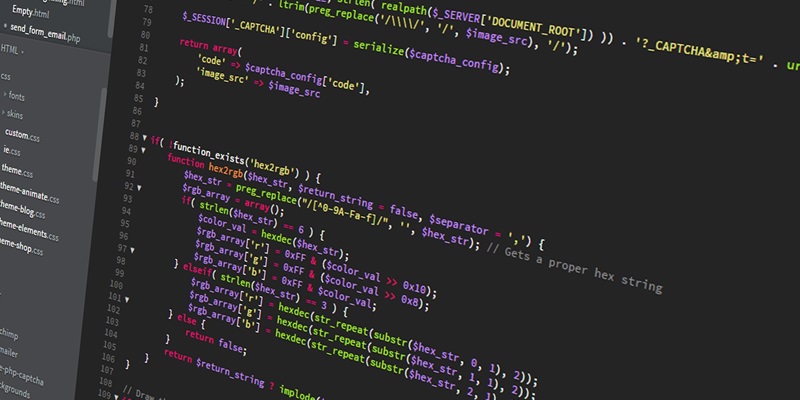Kubernetes, a widely used container orchestration system, recently revealed a critical vulnerability that allows threat actors to gain administrative privileges on affected pods. This article explores the details of the vulnerability, its severity rating, the steps taken by Kubernetes to address it, and provides guidance on mitigating and preventing potential exploitation.
Vulnerability Details
The vulnerability has been officially assigned the CVE number CVE-2023-3676, and its severity has been rated as 8.8 (High). This vulnerability could potentially enable malicious actors to elevate their privileges within Kubernetes, posing a substantial risk to affected systems and their sensitive data.
Acknowledging the severity of the vulnerability, Kubernetes promptly addressed the issue and fixed it in the latest version of Kubelet. Users are strongly advised to update to the most recent version to guarantee protection against this vulnerability.
Scope of the Issue
This particular vulnerability targets Windows nodes within Kubernetes. More specifically, it affects users who can create pods on Windows nodes, providing them an opportunity to escalate their privileges to admin level on those nodes. This distinction helps to assess the specific impact and extent of the vulnerability.
Affected Products and Fixes
To assist users in identifying the potential risks, a list of affected products and their respective fixed versions has been made available. Users are encouraged to consult this list to determine if their Kubernetes setup is vulnerable and to take necessary action accordingly.
Checking for Windows Nodes
To ascertain if any Windows nodes are being utilized, administrators can employ the command ‘kubectl get nodes -l kubernetes.io/os=windows’. Executing this command will provide crucial information that aids in assessing the potential vulnerability.
Mitigation Steps
To safeguard against the privilege escalation vulnerability, it is imperative to promptly apply the necessary Kubernetes patches specifically designed to address CVE-2023-3676. Organizations must ensure that all affected products are updated to the latest patched versions to minimize risks.
Detection and Prevention
Employing Kubernetes audit logs is a recommended method for detecting potential exploitation of this vulnerability. By monitoring pod-creation events and analyzing embedded PowerShell commands, administrators can identify suspicious activities and unauthorized privilege escalations.
Upgrade Recommendation
Users of affected versions of Kubernetes must prioritize upgrading to the most recent versions of these products. This step is crucial in preventing exploitation of the vulnerability and further securing their Kubernetes environments against potential attacks.
The discovery of the privilege escalation vulnerability in Kubernetes underscores the importance of proactive security measures and vigilance. Kubernetes promptly addressed the vulnerability, providing fixes in the latest version of Kubelet. Users must take immediate action to apply the provided patches, vigilantly monitor their systems for potential exploitation, and prioritize upgrading to the latest versions of affected products. By doing so, organizations can significantly reduce the risk of unauthorized access and maintain the integrity and security of their Kubernetes environments.

